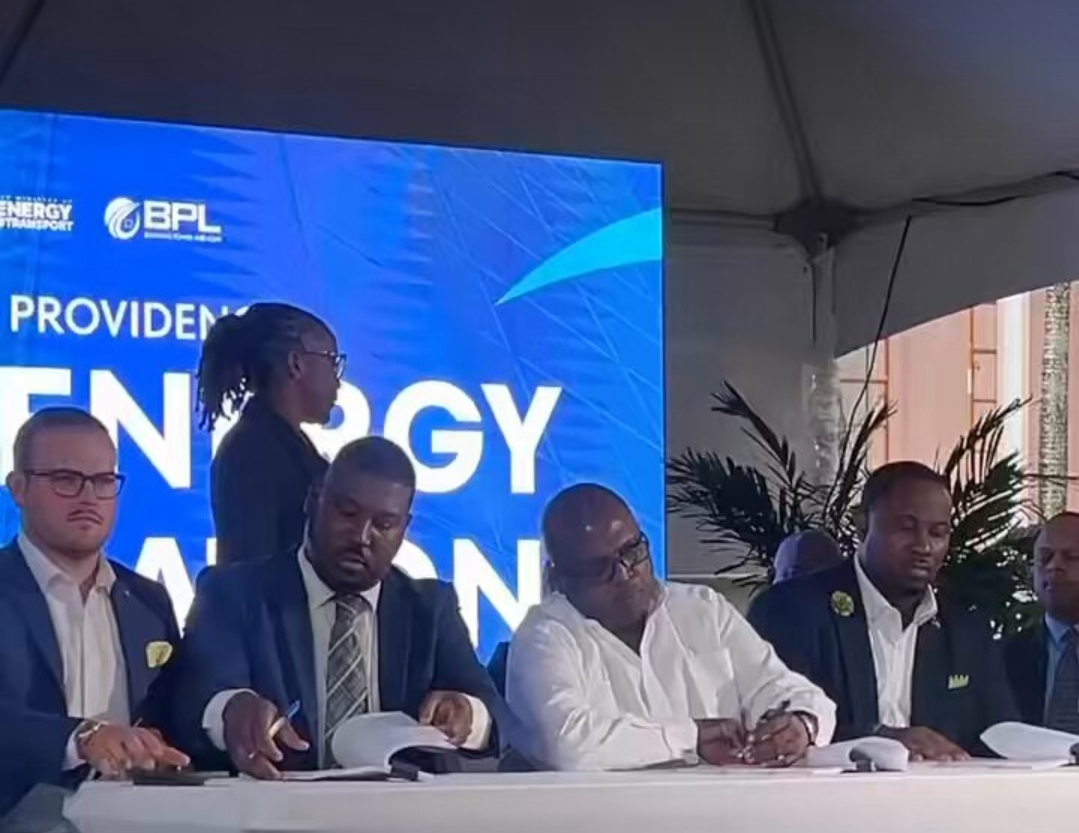
Bahamas update: Agreement To Add 20 Megawatts Of Renewable Energy To NP

On April 9, 2025, a significant milestone was achieved in the Bahamas’ journey toward a greener future.
The Ministry of Energy & Transport, in collaboration with Bahamas Power and Light (BPL), entered into a power purchase agreement with Eco Energy Bahamas to construct a solar plant in Coral Harbour.
This ambitious project will deliver 20 megawatts of clean, renewable energy to New Providence (NP), along with an additional 5 megawatts of battery storage capacity.
This development marks a pivotal step in reducing the region’s reliance on fossil fuels and advancing its commitment to sustainable energy solutions.
The initiative is part of a broader strategy to transform the Bahamas’ energy landscape.
According to a November 2024 report from The Nassau Guardian, Minister JoBeth Coleby-Davis emphasized the role of independent power producers like Eco Energy in integrating renewable energy into BPL’s grid.
Over 200 acres of land have been allocated for solar projects across various sites, including areas near Blue Hills Power Station and Coral Harbour.
This agreement with Eco Energy Bahamas is a concrete action toward achieving the government’s goal of increasing the share of renewable energy to 30% by 2030, as outlined in a June 2024 plan reported by the International Monetary Fund (IMF).
The plan leverages the Bahamas’ abundant solar potential to modernize its electricity infrastructure, reduce carbon emissions, and enhance energy reliability for households and businesses.
Globally, solar power has emerged as a leader in the renewable energy sector. A 2025 report from The Guardian highlights that solar energy has been the fastest-growing electricity source for two decades, contributing 7% of the world’s electricity in 2024—equivalent to powering a country the size of India.
The Bahamas’ investment in solar aligns with this global trend, promising not only environmental benefits but also economic advantages.
By reducing dependence on imported fossil fuels, the country can mitigate the impact of volatile global fuel prices, as noted in the IMF’s analysis. Furthermore, the addition of battery storage ensures a stable energy supply, addressing one of the key challenges of solar power—its intermittency.
This project is a testament to the Bahamas’ commitment to sustainable growth. It not only supports the nation’s climate goals but also sets a precedent for other small island states to follow.
As the world increasingly turns to renewables, the Coral Harbour solar plant positions the Bahamas as a forward-thinking player in the global energy transition, paving the way for a cleaner, more resilient future.


